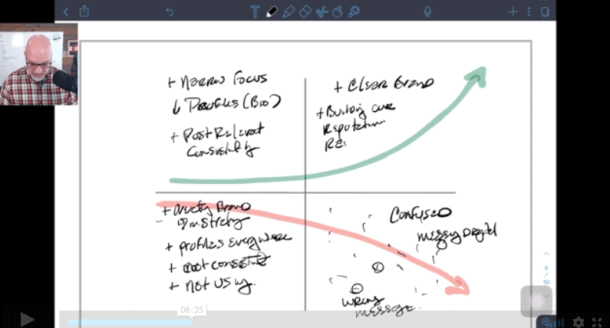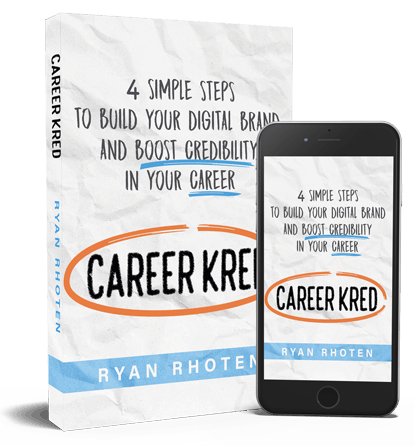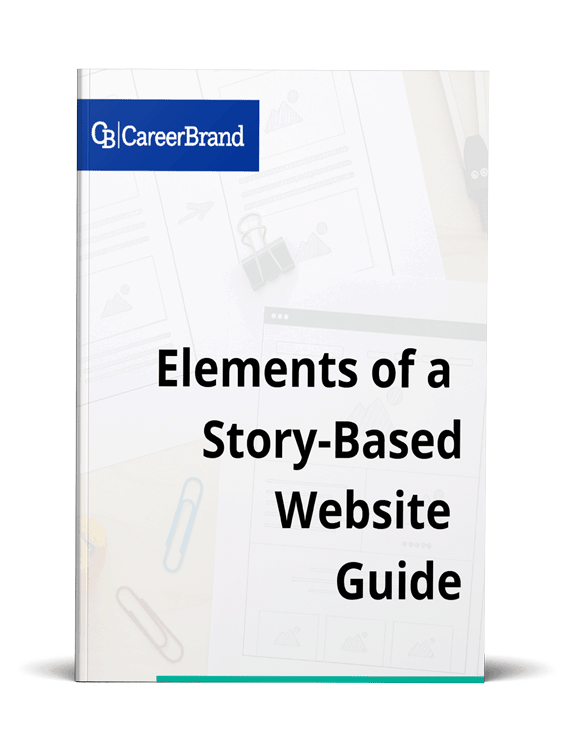A few years ago, I made what I call a career pivot. Others called it a major career change, but I respectfully disagree. My reasoning lies in the definition between the two.
To pivot, for example, means to turn or rotate. A change, on the other hand, means to be different, to transform. In material handling terms to change means to transfer from one conveyance to another.
In others other words, to go in a different direction. Notice the difference? It's subtle, but the meaning of your career is not.
A career change is more like material handling, you leave one path and move to a completely different, divergent one. This new path often requires new demonstrable skills and in many cases starting over.
For example, moving from being a manufacturing supervisor to software development engineer. Extreme example? Sure, but you get the point.
A pivot, on the other hand, is when you leave one path to join what is essentially a parallel path. New demonstrable skills, like programming, are not required. To successfully execute the career pivot you do not necessarily need new skills, rather you use the skills you have already and apply them in your new career.
It's your ability to apply current skills in new situations or roles that will play a big factor in your successful implementation of a career pivot. For example going from a supplier quality engineer to a product manager. Which was the case for me?
3 KEYS TO MAKING A SUCCESSFUL CAREER PIVOT
TRANSFERABLE SKILLS
These are the skills you've gained throughout your career. In addition to your job, these skills can also come from your volunteer work, hobbies, sports, and other life experiences.
They can be used in your next job / career without any further refinement. They are transferable from one job to another.
Think of a transferable skill as riding a bicycle. No matter what position you apply for, if the ability to ride a bike is a requirement and you know how to ride a bike, that is a transferable skill.
In business transferable skills can be things such as managing people, reading a profit and loss statement or knowledge of Lean. What other transferable skills can you identify? Click HERE to learn more about transferable skills.
KNOW YOUR STRENGTHS
Understanding your strengths is another factor in your ability to make a successful career pivot. Knowing what drives you, what makes you “tick” is critical to the career pivot.
To really know and understand your strengths, I recommend taking the assessment. It will enlighten you, not just about your strengths but about yourself as well.
Your strengths, once known, may lead you to an entirely different place then where you are today. For example, one of my greatest strengths is being a creative problem solver.
I would not want to pivot into a role that does not allow me to use this strength. Keep in mind, that often your strengths are also transferable skills, which is why I recommend taking this test. I can be a creative problem solver in any industry, job or career.
However, if I don't know that I'm a creative problem solver to begin with, I might be more likely to change careers rather than pivot.
UNDERSTAND YOUR PERSONAL BRAND
Whether you realize it or not, you have a reputation within your personal and professional lives. That reputation, combined with your strengths is your personal brand.
Understanding your personal brand is the ultimate way to make a successful career pivot. More than just your appearance, your personal brand conveys to others who you are, what you are known for and how you add value to any situation.
To really understand your personal brand requires self-reflection and a good deal of effort on your part. However, there is no other more important personal development process you can engage in, than discovering your personal brand.
Whether you hire a coach or undertake the journey on your own, knowing who you are, how you operate, and in a sense, what make you tick will not only help you make a successful career pivot but it will also ensure that you pivot in the right direction.
QUESTION: Have you made a successful career pivot? If so, tell your story below.





